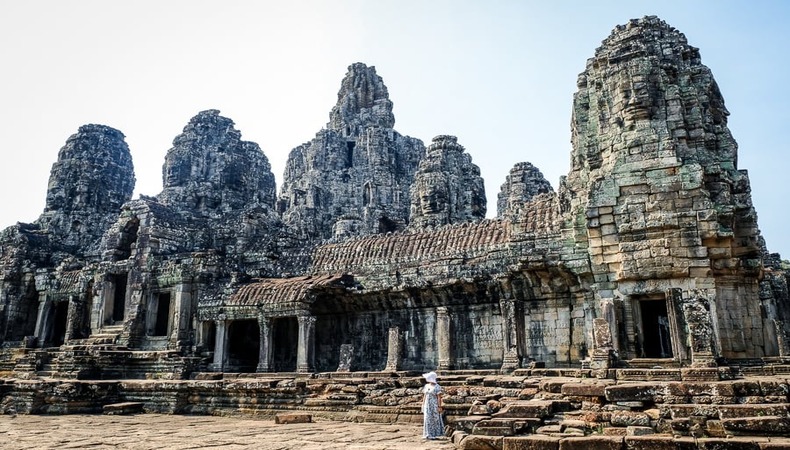Thousands of Families Displaced to Conserve Angkor

Cambodian authorities have been forcing out thousands of families from their homes in Angkor, home of the Angkor Wat Temple, in Cambodia to conserve the area as UNESCO World Heritage site. Since 2022, more than 10,000 families, that is around 40,000 people, as per Amnesty International, are being moved.
UNESCO describes Angkor as one of the most important archaeological sites in South-East Asia. It stretches over some 400 km, with the Angkor Archaeological Park accommodating the remains of the different capitals of the Khmer Empire from the 9th to the 15th century.
Now, the UN body is in bad light over mass evictions at the Angkor Wat temple complex, which is the most popular tourism destination in Cambodia. It receives around two million visitors a year.
Forced Evictions in Angkor
Ming Yu Hah, Amnesty’s Deputy Regional Director for Campaigns, said these are forced evictions in disguise and on a mass scale. She said people were pressured to volunteer and made to feel fearful of reprisals if they challenged to leave or challenged the evictions.
Amnesty International claims that many people were harassed, threatened and forced to leave without any genuine consultation. It named UNESCO as a ‘responsible actor’, saying that it was made aware of alleged human rights abuses for months but failed to investigate or acknowledge them.
Montse Ferrer, Amnesty International’s deputy regional director for research, it doesn’t appear that UNESCO did more than the bare minimum. “As a UN agency, they need to do more than the bare minimum if they say that human rights are the core of how they operate.” Persons, whom Amnesty International talked to, said they were coerced into leaving, authorities threatened to arrest them, flood their homes or cut off power.
Keep Reading
Iceland Records 1,400 Earthquakes in 24 Hours
New Delhi Adopts Artificial Rain to Clear Air Pollution
Angkor is With Cambodia
The United Nations Educational, Scientific and Cultural Organization brushed off Amnesty’s report saying that Angkor is under the sole authority of Cambodia. It highlighted that UNESCO does not have the ability to enforce implementation of rights-based standards. “The actions of a member state and state party to the World Heritage Convention acting on its own sovereign soil, is not the responsibility of UNESCO, even if a member state were to justify its actions by invoking the organization. UNESCO cannot ensure that something happens, or does not happen on sovereign soil.”
But a spokesperson said UNESCO is deeply concerned about the population relocation programme. It added that Cambodian authorities should identify corrective measures and make an explicit commitment not to carry out forced evictions.




